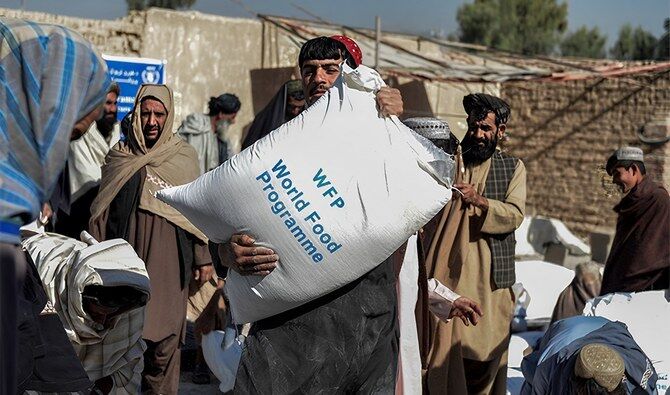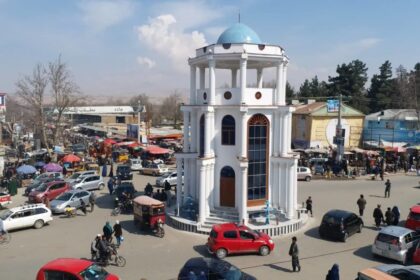RASC News Agency: The Deputy Special Representative of the United Nations for Afghanistan has raised alarm over the inadequacy of international financial assistance, emphasizing that current efforts fall dramatically short of addressing the country’s dire humanitarian crisis. Indrika Ratwatte, the UN Deputy Special Representative for Afghanistan, underscored the urgent need for expanded global support, stating that the Afghanistani people continue to face severe hardships, with aid flows remaining insufficient and constrained.
Speaking on Saturday, December 21, Ratwatte revealed that over 23 million Afghanistanis are in immediate need of humanitarian assistance. However, international aid to Afghanistan remains limited, unable to meet the growing scale of the crisis. “The international community is stretched thin, responding to multiple global emergencies and dividing resources across various regions,” Ratwatte explained. “I am deeply concerned that further reductions in humanitarian funding for Afghanistan will only worsen the already catastrophic situation.”
Ratwatte highlighted the widespread poverty and unemployment gripping Afghanistan, noting that millions face severe food shortages. He stressed that current food aid programs are insufficient to meet even the most basic needs of the population. Adding to these concerns, the World Food Programme (WFP) recently announced that, due to budgetary limitations, it can only provide emergency food assistance to approximately 6 million Afghanistanis this year a figure representing less than half of those in need. Earlier this year, the United Nations estimated that Afghanistan would require a minimum of $718 million in emergency funding to meet its humanitarian needs over the next six months. The organization has also issued an appeal for over $3 billion to address the ongoing crisis, but the fulfillment of this funding remains uncertain.
Since the Taliban’s seizure of power in Afghanistan, poverty and unemployment have soared to unprecedented levels, leaving millions reliant on external aid to survive. The situation has been further compounded by the regime’s lack of effective governance and international isolation, which has exacerbated the suffering of the Afghanistani people. Ratwatte concluded by urging the international community to prioritize Afghanistan in its humanitarian agenda, warning that continued neglect would lead to far-reaching and devastating consequences for millions of vulnerable citizens.






